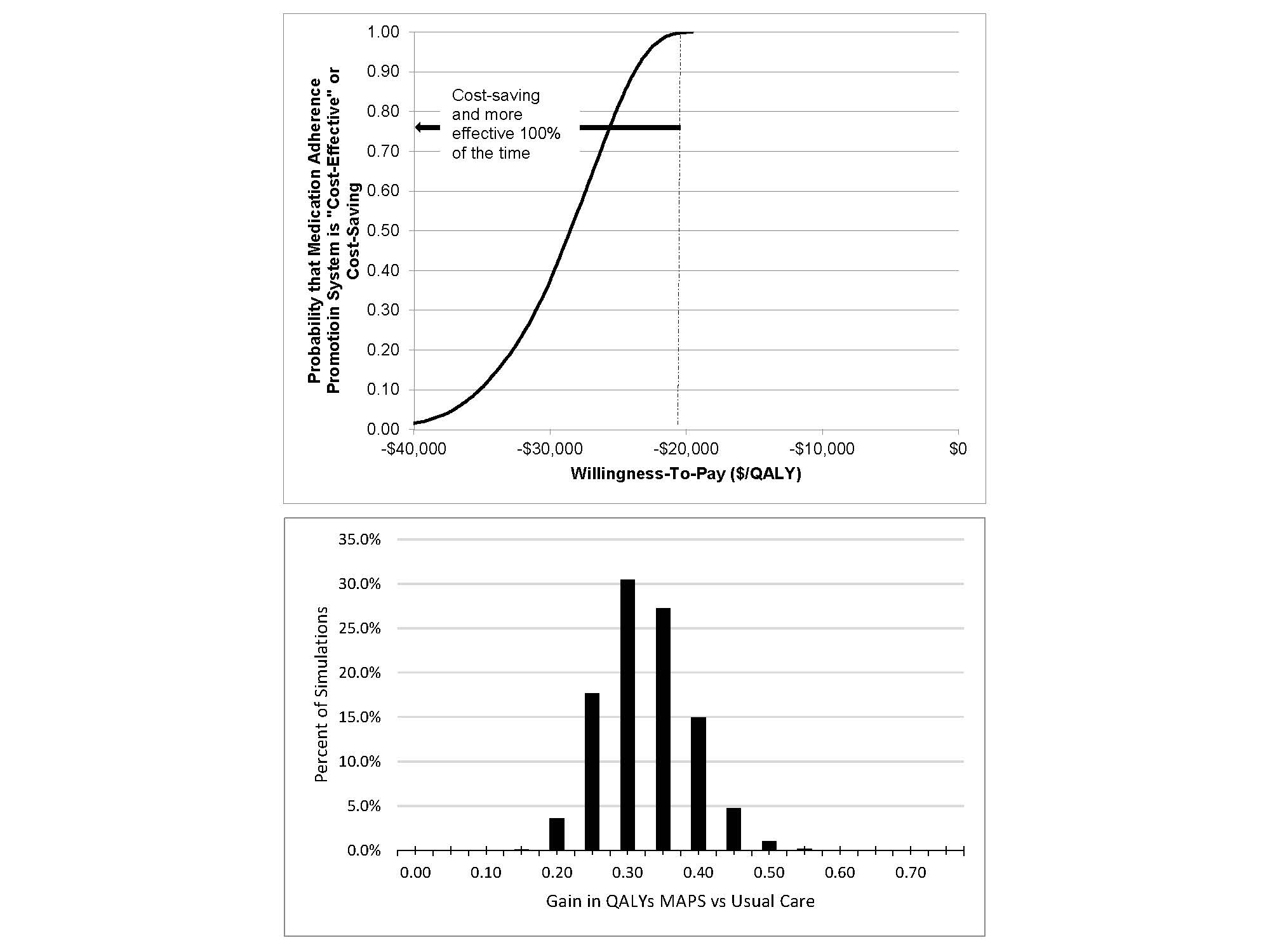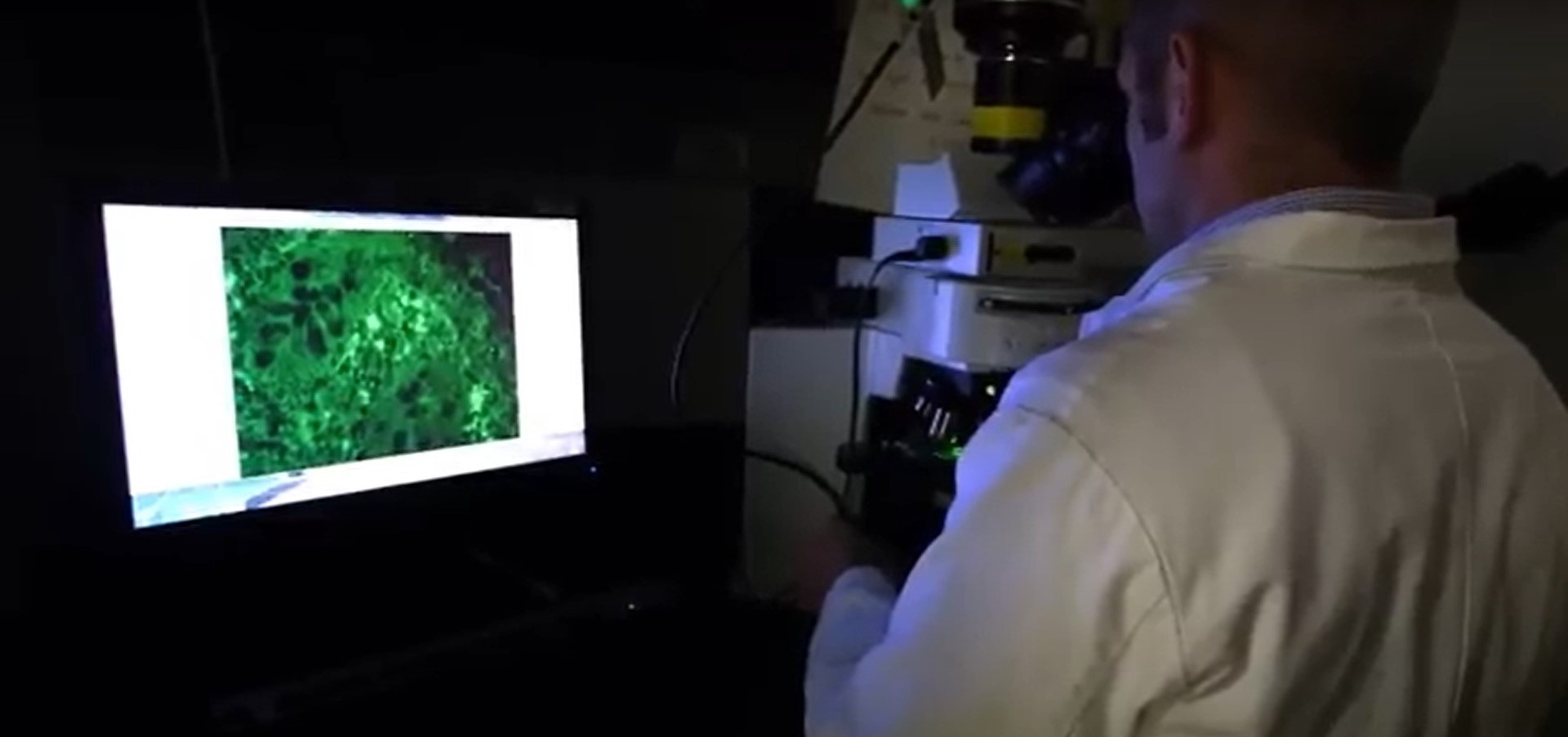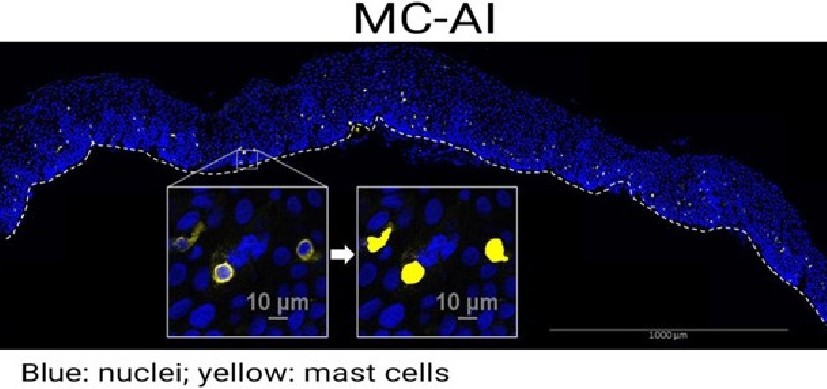For Kidney Transplantation, Investing in Medication Adherence Program Pays Off
Research By: Charles Varnell Jr., MD, MS | David Hooper, MD, MS | Avani Modi, PhD | Kristin Loiselle Rich, PhD
Post Date: February 25, 2022 | Publish Date: Feb. 25, 2022

Even if starting a medication adherence program cost $2.5 million to set up and $188,000 a year to maintain, doing so would still reduce the overall costs involved in providing and supporting kidney transplants to teens and young adults by reducing acute rejection rates and their associated costs.
And along the way, many people would live longer, healthier, more productive lives with their donated organs.
These are some of the findings from a study published Feb. 25, 2022, in the American Journal of Kidney Diseases. The analysis was led by Charles Varnell, MD, MS and David Hooper, MD, MS, at Cincinnati Children’s and Mark Eckman, MD, MS, at the University of Cincinnati.
The underappreciated toll of non-adherence
Approximately 40 percent of teens and young adults with kidney transplants do not follow their medication regimens as prescribed, usually due to developmentally appropriate behaviors, such as increased independence and risk-taking and marked changes in brain development.
In some cases, missing medications can lead to complete failure and loss of the transplanted organ, which results in returning to kidney dialysis and a dramatically reduced life expectancy. More frequently, however, non-adherence leads to increased rejection episodes that require hospital stays, numerous diagnostic tests and many hours of work from the healthcare team as well as the patients and families to address.
The costs of a poor transplant outcome are so high that even a 3% improvement in graft survival rates can be worth the effort to achieve. At Cincinnati Children’s, adopting a medication adherence program saved $9,106 per patient compared to routine care.
What is the MAPS program?
The Medication Adherence Promotion System (MAPS) at Cincinnati Children’s involves a multidisciplinary team of trained professionals working one-on-one with patients to overcome barriers to sticking with medication regimens.
Essential components include:
- Adherence risk screening built into electronic health records (EHR) system.
- Systematic assessment of barriers to taking medication
- Patient-centered shared decision-making aids
- Designation of team member responsibility to address specific barriers
- Adherence promotion training for the clinical team
- Optional electronic medication monitoring
“While the data from randomized controlled studies has clearly shown that similar medication adherence programs improve adherence, they haven’t been powered yet to show an improvement in clinical outcomes, such as rejection rates, nor have they been shown to be cost-effective,” says Varnell, first author for the study. “Using the clinical outcomes data from MAPS at Cincinnati Children’s (see Hooper et al, AJKD, 2022) we can now say that not only are these systems effective at reducing rejection rates, but that they are incredibly cost-effective and can be implemented into an existing clinical setting.”
Cincinnati Children’s co-authors and collaborators on this study included Kristin Rich, PhD, and Avani Modi, PhD, who were instrumental in creating the MAPS and are experts in medication adherence in children with chronic diseases.
Learn more about how MAPS was developed, and the clinical improvement achieved at Cincinnati Children’s:
Learn more about how the research team calculated the cost savings
Read a related article in Healio News
| Original title: | A Medication Adherence Promotion System to Reduce Late Kidney Allograft Rejection: A Quality Improvement Study |
| Published in: | American Journal of Kidney Diseases |
| Publish date: | Feb. 25, 2022 |
Research By










